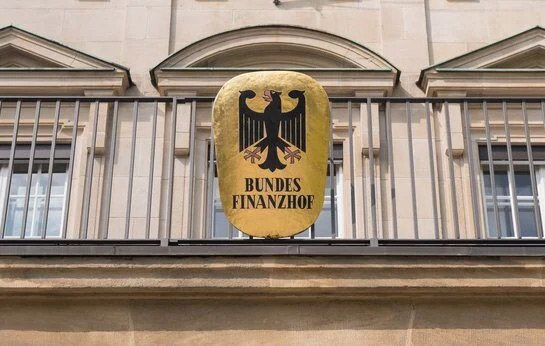
In two recent decisions by the German Federal Fiscal Court (BFH), two non-resident investment funds were found to have been discriminated against compared to German investment funds. This discrimination occurred because the non-German funds were subjected to withholding tax (WHT) on German dividends during the period from 2004 until the end of 2017. We will outline the key takeaways from these cases and their direct impacts on the funds you work with.
A French FCP fund had paid German dividend WHT during the years 2008 to 2013. The plaintiff requested a refund of the WHT (15%) plus interest, citing the EU Free Movement of Capital (Article 63 TFEU). The BFH ruled that the French fund was entitled to equal treatment with comparable German investment funds, which would not have been subject to German WHT. In a second, nearly identical decision, a Luxembourg SICAV had similarly paid German dividend WHT (15%) during the years 2009 to 2013.
The German Federal Fiscal Court also decided that the claimants were entitled to interests on the overpaid WHT. Although this entitlement is not provided for in German national tax law, the BFH derived it from EU law, particularly from the obligation to effectively implement EU rules.
The interest period generally starts from the date the WHT was deducted and continues until the actual refund payment, at least from the year 2012 onward. For years before 2012, the interest period starts later, generally six months after the investment fund filed the WHT refund application.
The interest rate has not yet been determined. However, the BFH has indicated that the rate could be up to a maximum of 6% per year.
These two recent decisions are favorable news for foreign investment funds, as they suggest that the German fiscal authority will eventually have to pay out billions of euros.
From a tax law perspective, these decisions add to the growing body of case law, and the legal questions appear to be settled. In several arguments favoring the plaintiffs, the two recent BFH decisions refer to a prior CJEU judgment on the discrimination of foreign real estate investment funds through German taxation.
However, the "game is not yet over" for the German tax authority.
First, the details regarding the applicable interest rate have yet to be decided, and the amounts at stake could be substantial.
Second, and operationally significant, is the following point: Both recent BFH decisions explicitly state that, based on their legal stance (no discrimination against non-resident investment funds) during the application process, the German Federal Office of Finance (BZSt) and the lower tax court did not examine whether the claimed WHT reimbursement amounts were factually correct — i.e., whether the WHT was actually paid by the plaintiff under German national tax law. In these cases, the plaintiffs submitted their own lists of dividends received and WHT paid, meaning the WHT-related facts have not yet been reviewed. The BFH noted that this review will now have to be conducted by the German tax authority (lower tax court), without providing further details on this matter.
It is important to note that these decisions pertain to WHT prior to 2018 and only apply if the claimants had already filed reclaims based on EU law and Article 63 TFEU. From 2018 onward, reclaims for German WHT refunds based on EU law are no longer viable.